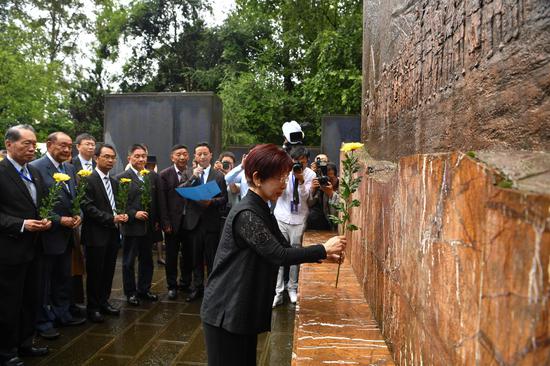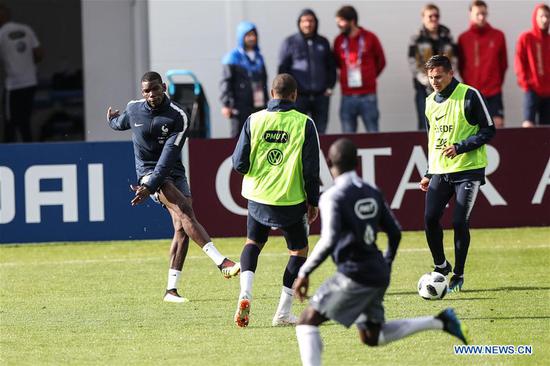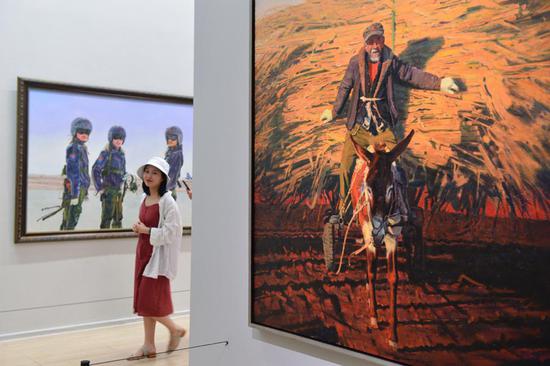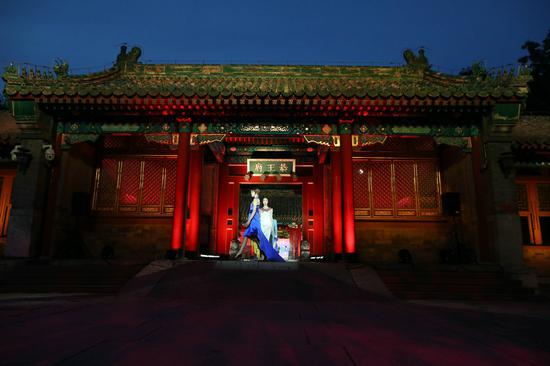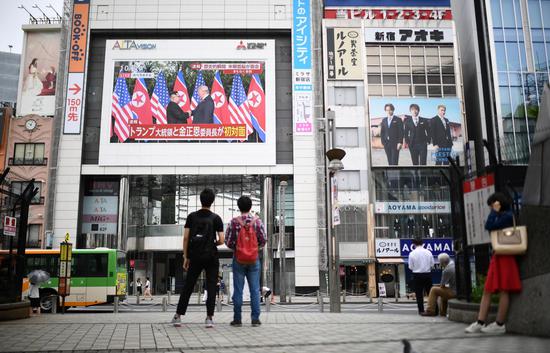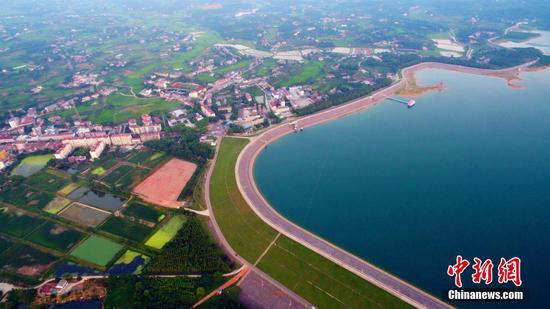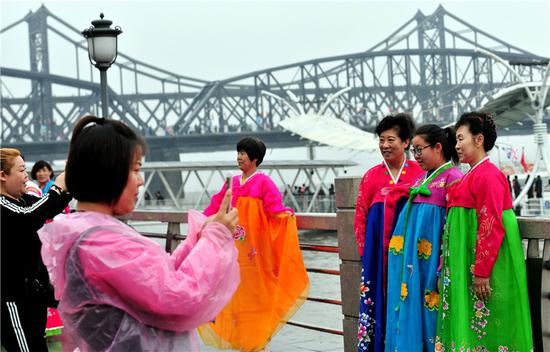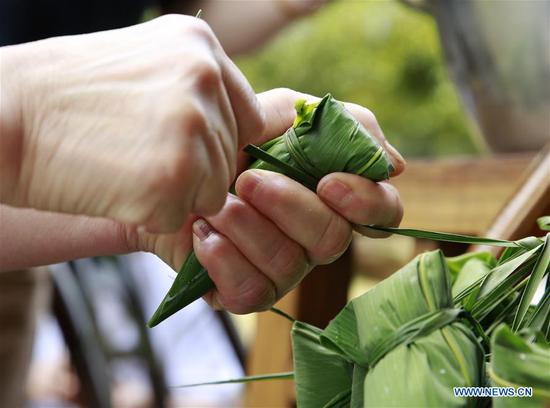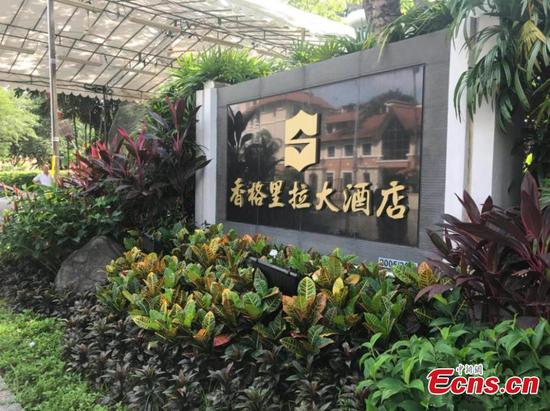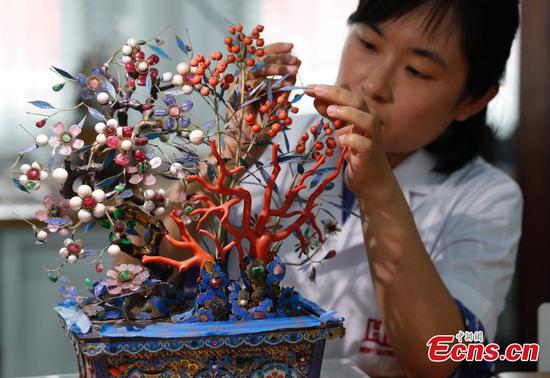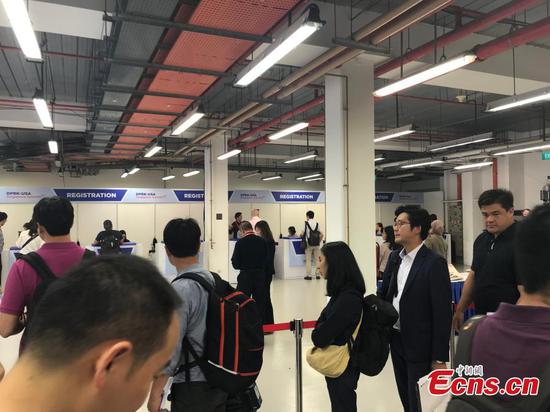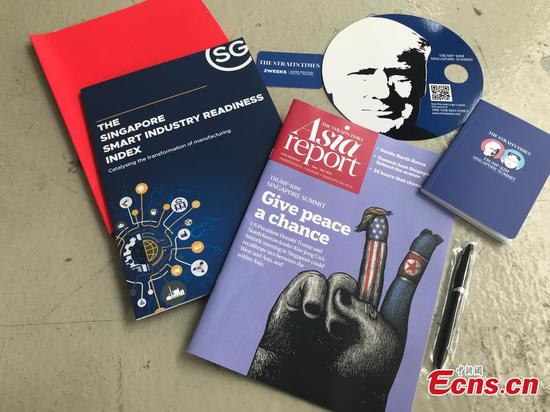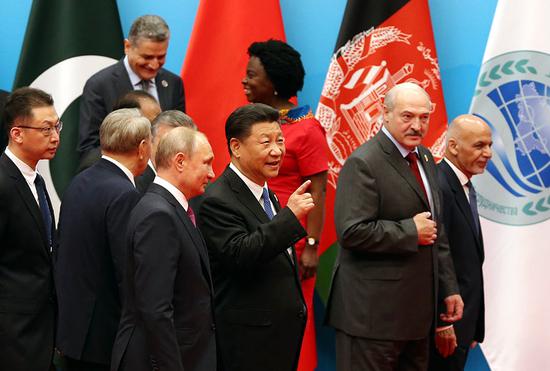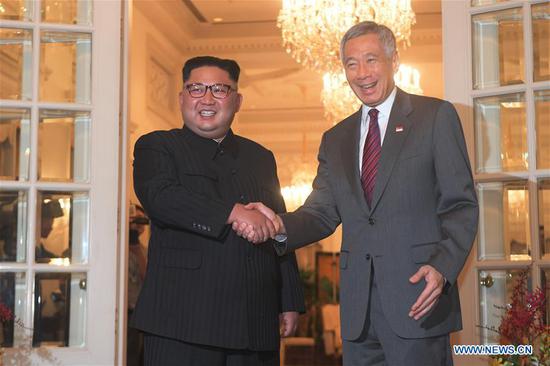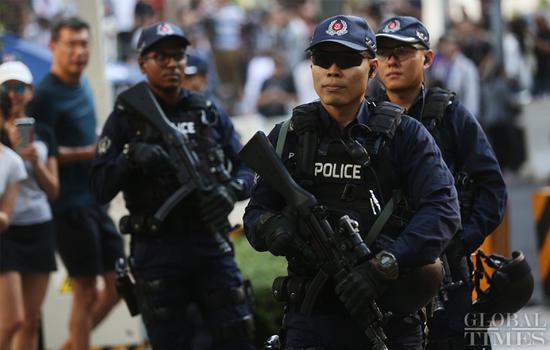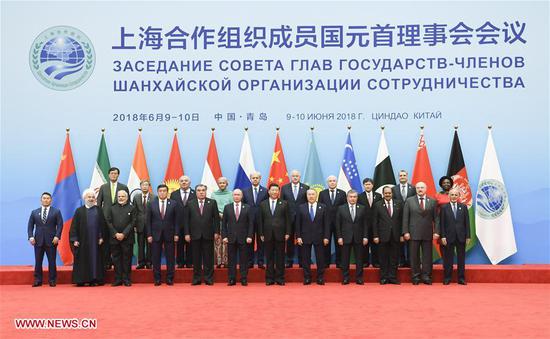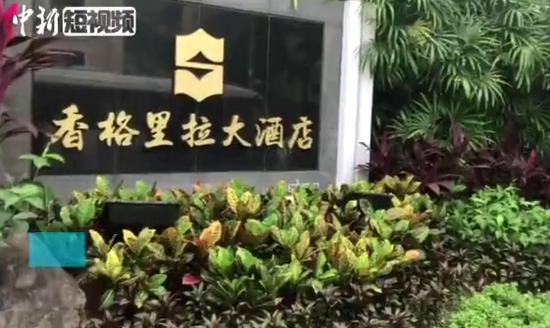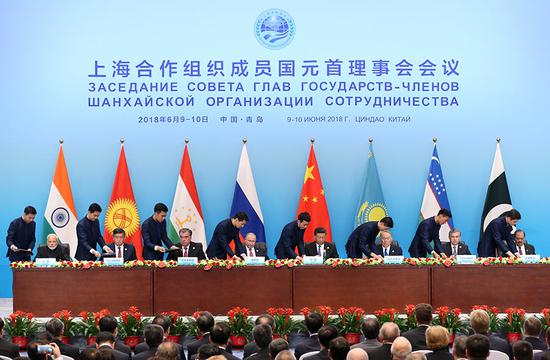
Leaders of SCO member states sign documents on Sunday. (Photo by Feng Yongbin/China Daily)
Summit boosts global growth, unity amid rising protectionism, experts say
The Shanghai Cooperation Organization Summit in Qingdao, which concluded with "the most fruitful outcomes" in the history of the organization, will be a "new landmark" in the organization’s development, State Councilor and Foreign Minister Wang Yi has said.
Leaders of the SCO member states signed or witnessed the signing of 23 cooperation documents covering politics, security, economics and culture, Wang told reporters in Qingdao on Sunday.
He said the summit is of historical importance in that it highlighted again the "Shanghai Spirit", which transcends outdated concepts such as the clash of civilizations, the Cold War and a zero-sum mentality.
The summit also endorsed the China-proposed initiative of building a community of a shared future for mankind, which helps promote the common development and prosperity of the region and the world as well, Wang said.
The summit put forward the SCO proposal on global governance of extensive consultations, joint contributions and shared benefit, Wang said.
Wang highlighted the "five perspectives" — development, security, cooperation, civilization and global governance — proposed by President Xi Jinping at the summit.
Xi’s proposals conform to "the needs of the SCO development, the common interests of countries throughout the world as well as the trend of times in the world’s development and progress", Wang said.
"The summit produced a success in demonstrating the unity among member countries as well as leaders’ will and commitment in multilateralism and cooperation," said Luigi Gambardella, president of ChinaEU, a business-led international association based in Brussels.
In a speech delivered at the plenary session, Xi called for joint efforts to build an open world economy and reject "self-centered, shortsighted and closed-door policies".
Jon R. Taylor, professor of political science at the University of St. Thomas in Houston, Texas, said, "While Xi projected calm, creative statesmanship at the summit and was able to project a win-win consensus, by contrast Trump looked like a man out of his league."
Trump was "stuck in the failed economic policies of the 1920s, and happy to reject the West’s long-term trade consensus", Taylor said.
"I liked that he (Xi) linked China’s Confucian heritage to the spirit of promoting a new type of international relations, the common good and harmony — a harmony found in the ‘Shanghai Spirit’ that fosters mutual respect, all-around cooperation and common development."
Maria Guleva, a deputy professor of the Faculty of Oriental Studies at Saint Petersburg University, said that the theories Xi proposed on innovation, coordination, the environment, openness and shared development show that China is undertaking its international obligation as a global power.
B.R. Deepak, a professor at the Centre for Chinese and South East Asian Studies at Jawaharlal Nehru University in New Delhi, said institution-building makes the SCO one of the most successful multilateral institutions in the world, a new model for regional economic and security cooperation and an innovation in international theory and practice.
Christopher Bovis, professor of international business law at the University of Hull in England, said that Xi offered a credible solution to the threat of trade wars and protectionism.
Ren Qi in Moscow, Wen Zongduo in Hong Kong and Cecily Liu in London contributed to this story.











